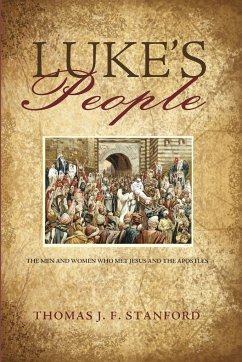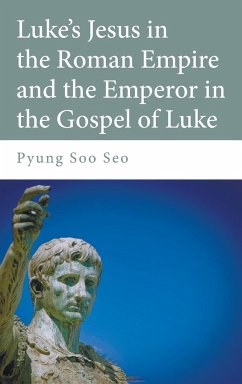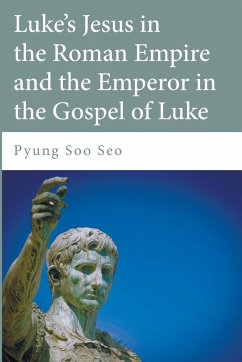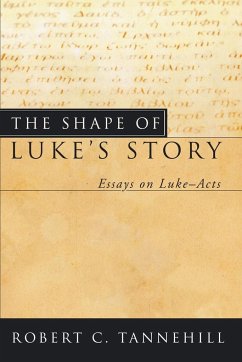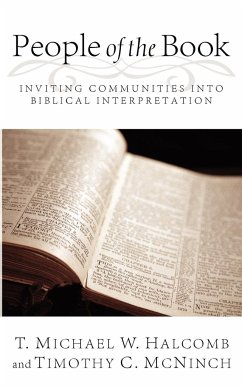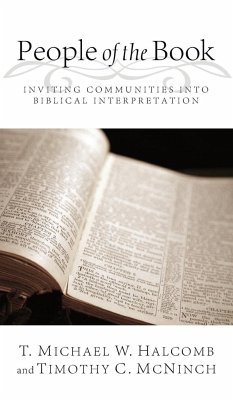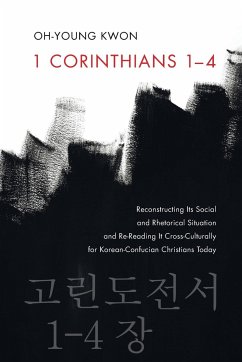Description: Luke's People seeks to understand the men and women who met Jesus and the apostles as they are described in the Gospel of Luke and in the Acts of the Apostles in the way that Luke, who wrote these works, intended. This socio-historical literary study seeks to interpret Luke's writings in the light of the time when they were written on the basis that Luke was a skilled writer who wrote what he meant and meant what he wrote. It argues that Luke's depiction of women has been grossly misunderstood and finds that this misunderstanding may be due to a widespread attempt around the end of the first century to impose a patriarchal system of governance upon the church. Luke's People shows that Luke did not share such a patriarchal viewpoint but instead always presents Christian women as autonomous and agentic. It also finds that this patriarchal interpretation both distorts Luke's presentation of the rich and powerful, who are shown to receive their authority from the devil, and obscures the way in which the love of money corrupts men in his story.

